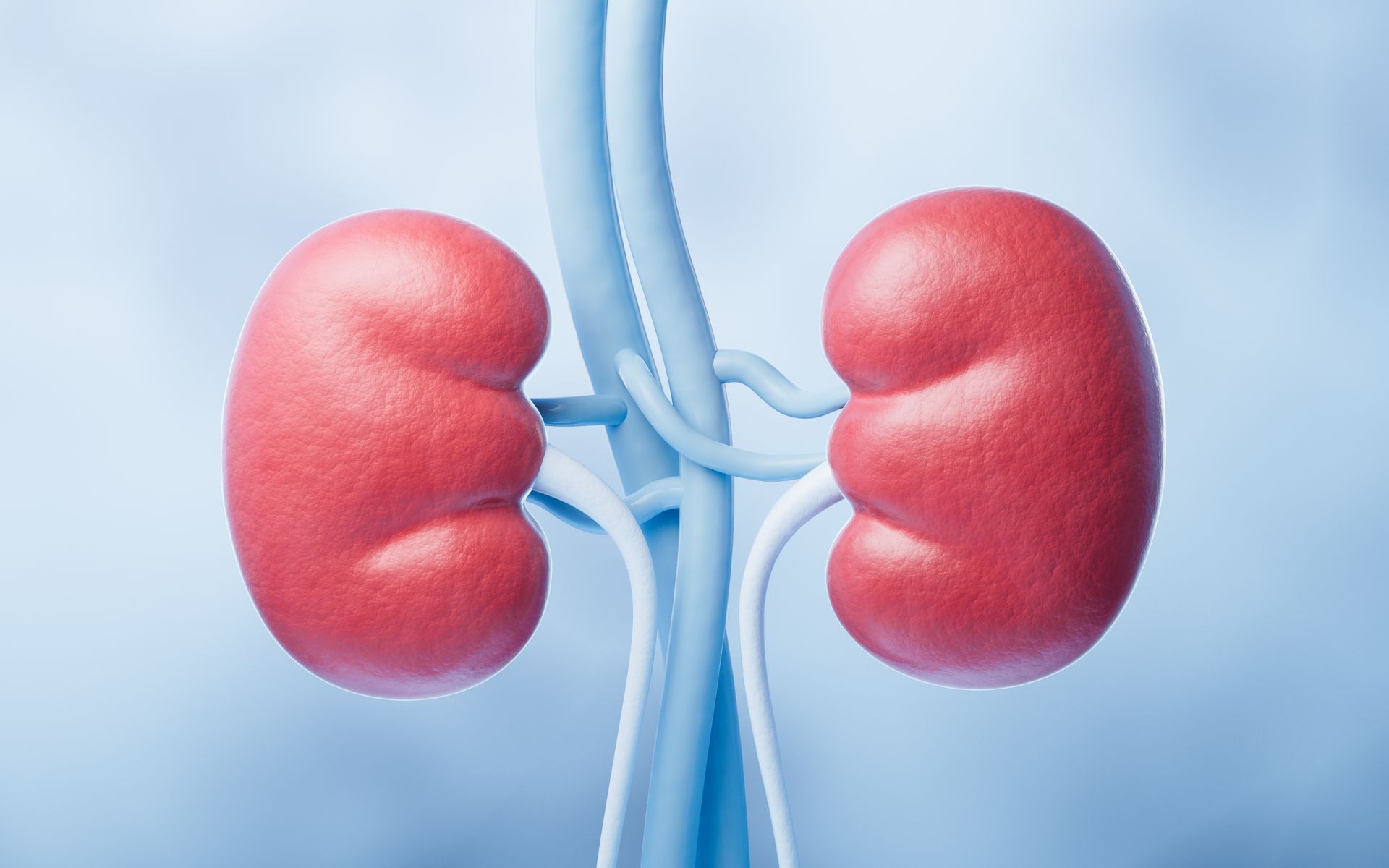Obesity-linked cancer deaths in the US triple in 20 years
US obesity-linked cancer deaths have more than tripled since 1999. See what the data shows and what can be done.

A recent analysis shows a stark and worrying trend: US cancer deaths linked to obesity more than tripled between 1999 and 2020. Researchers say the rise mirrors the rapid increase in obesity rates and highlights the link between excess body weight and cancer risk.
As reported in Medscape, the study analysed CDC mortality records and highlighted growing disparities between demographics. The disparities were especially stark among older adults, women, non-Hispanic Black individuals and people living with obesity in rural areas.
The research was presented at The Endocrine Society Annual Meeting in July 2025.
What the research found
The researchers examined US mortality data from 1999–2020, identifying 33,572 deaths linked to both obesity and cancer. The age-adjusted mortality rate rose from 3.73 per million in 1999 to 13.52 per million in 2020 – more than tripling over two decades.
Disparities were clear. Rates were higher in:
- Women than men (7.22 vs 6.59 per million)
- Non-Hispanic Black than non-Hispanic White populations (9.20 vs 7.13)
- Adults aged 65+ than those aged 25 to 64 (20.82 vs 3.54)
- Rural areas than urban areas (9.45 vs 6.40)
The research also linked obesity with 13 cancers (40% of cancers diagnosed annually in the US), including:
- Oesophageal adenocarcinoma
- Postmenopausal breast cancer
- Colorectal cancer
- Uterine cancer
- Gallbladder cancer
- Gastric (upper stomach) cancer
- Renal cancer
- Liver cancer
- Ovarian cancer
- Pancreatic cancer
- Thyroid cancer
- Meningioma
- Multiple myeloma
Why excess weight matters
Excess body fat isn't just stored energy. It behaves like an active organ, releasing hormones and inflammatory signals that can create conditions in which cancer cells thrive.
Maintaining a healthy weight can help lower your risk – but doesn't eliminate it.
Prevention and early detection
The bleak statistics hide a hopeful message: gradual weight loss can help lower cancer risk. This is especially true when paired with routine screening (for example, bowel and breast screening), where early detection can dramatically improve outcomes.
Maintaining a healthy weight also helps many screening tests work more effectively.
Moving beyond willpower
Many people who live with obesity already eat healthily and try to stay active. However, factors like genetics, medications and metabolic changes can still make weight loss very difficult.
That's where medical weight management programmes can help. These programmes combine lifestyle guidance with modern medical treatments to help people who have struggled to lose weight through lifestyle changes alone.
Two such treatments are semaglutide (Wegovy) and tirzepatide (Mounjaro). These injectable medications help control appetite and blood sugar. In major clinical trials, adults lost an average of around 15% of body weight with semaglutide and about 21% with tirzepatide when the drugs were combined with lifestyle support.
How SemaPen can help
Concerned about obesity-related health risks? SemaPen combines clinician-led Wegovy and Mounjaro Programmes with comprehensive support to help you lose weight effectively.
Our support includes:
- A thorough digital consultation and ongoing monitoring
- Nutrition and lifestyle advice from our expert clinicians
- Smart scale tracking so you and our team can track your progress in real time
Our personalised support can help you lose weight safely and sustainably, helping to lower your chances of future health problems. Want to see if our Programmes are right for you? It's easy to get started with our digital consultation.
Sources
1. World Cancer Research Fund (n.d.) Weight, Obesity and Cancer. Retrieved from
https://www.wcrf.org/preventing-cancer/topics/weight-and-cancer/
2. Wilding, J.P.H. et al. (2021) "Once-weekly semaglutide in adults with overweight or obesity"
The New England Journal of Medicine, 384(11)
https://doi.org/10.1056/NEJMoa2032183
3. Jastreboff, A.M. et al. (2022) "Tirzepatide Once Weekly for the Treatment of Obesity"
The New England Journal of Medicine, 387(3)
https://doi.org/10.1056/NEJMoa2206038
This article was reviewed and approved by Alice Fletcher, Lead Bariatric Dietitian, on 29 September 2025.
- Average 15–21% weight loss
- Trusted programmes built by UK experts
- Personalised advice and support
- Smart weight loss app to track progress and learn positive habits
Your journey starts in the app
Unlock tailored support, weight tracking and more.
1
Download the free app
2
Take your digital consultation
3
Start your programme













